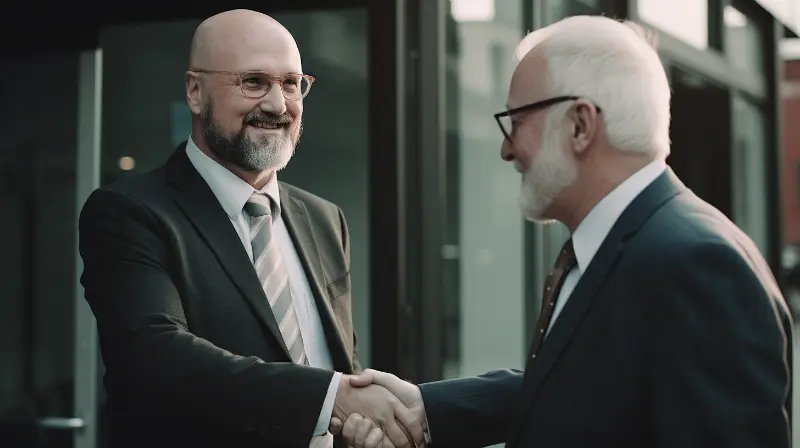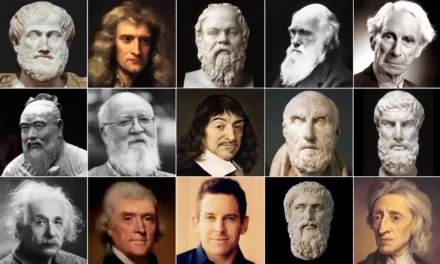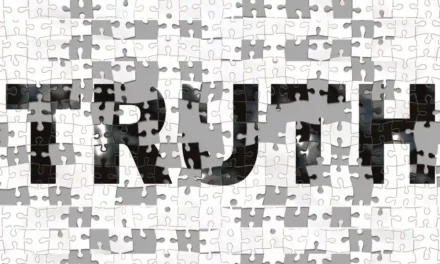
8 strategies to avoid being misled by politicians
I
t would be good to begin by clarifying two key terms: politician and statesman. Many people confuse these two concepts, and politicians typically portray themselves as statesmen, but they are actually different things. A politician is someone who typically pursues power to advance their selfish vested interests. Statesmen, on the other hand, are people who are authentically and genuinely concerned with the public good. Statesmen selflessly work for the people they represent, even if that means expressing unpopular things or views. Even more importantly, statesmen are willing to stand up against powerful groups or vested interests.
Politicians typically portray themselves this way. They want us to think they are statesmen. But they are not. Politicians want us to believe they are interested in the welfare of the people they represent, and indeed that they represent their interests. They attempt to persuade us that their efforts are determined by what best serves the people. But this is not so. In politics it is usually power and money that drives politicians, not the welfare of the people. Indeed, once you start digging deeper into pretty much anything you care for, you will start seeing that what is done—or not done—is almost always determined by big money. Big money is always protecting big money.
Politicians want us to think they are statesmen. But they are not.
After all, why do you think corporations and the super-rich pour money into campaigns and lobbying? Think about it. Do they do it out of kindness? No, they do it because they are, in a way, “buying” the politician. They are investing in a politician with the implicit understanding that the politician later on will do things such as enact legislation, go to war, order the construction of a highway, reduce taxes for the wealthy or any number of things that may benefit the contributing corporation or wealthy donor. Unfortunately, in our current system money drives politics at the expense of public interest.
What if the politician has integrity and refuses to play this game, you ask? Well, the outcome is clear: if politicians don’t do what those that bankroll them want, money is then cut off. Since for politicians their priority is being re-elected, and not the public’s welfare, this simply means they won’t be re-elected. And what about the honest people running for office who are not beholden to big money? The people who actually care for the public good, not the vested interests of big corporations? Well, these people actually exist, fortunately. But, unfortunately, they rarely get elected.
In politics it is usually power and money that drives politicians, not the welfare of the people.

DON’T LET PEOPLE INFLUENCE YOU WITHOUT YOU EVEN REALIZING!
Enter your information to get our FREE practice exercises so you can train yourself to recognize subtle persuasion techniques.
So, what can you do to protect yourself? Start by being skeptical. Understand the difference between a statesman and a politician, and try to determine who’s who. Evaluate the statements politicians make. Look at what they say, and try to determine what they actually mean. Always follow the money. Ask the key question lawyers ask, “Who benefits?” Make that the litmus test you always use. For example, when a politician pushing to get a highway built across that beautiful forest tells you how much that will save on emissions from less miles driven, ask yourself if he is doing it because he really has environmental reasons in mind. Do you know who his backers were? Could it be that the trucking industry, which supported him in his election campaign, will save millions of dollars on gas, tires and other truck maintenance costs by driving a shorter route through the forest?
Notice how the politician’s actions are self-serving while they try to sell you the idea as something for your benefit. Always try to determine what they want you to believe and why.

Notice how the politician’s actions are self-serving while they try to sell you the idea as something for your benefit.
So, let me give you 8 strategies to avoid being misled by slick politicians:
8 strategies to avoid being misled by politicians
- Always keep in mind politicians manipulate people by using catchphrases, sound bites, fancy images and stirring delivery of their messages to the masses. Politicians tend to stay at the superficial level. Their views are simplistic and rarely do they have any deep understanding of either the issue or the historical context around it. Realize that depth cannot be expressed in sound bites.
- Notice how politicians will always reflect the views of the time and culture they are in. That is, they won’t necessarily do what’s the right thing, but rather they’ll do what the population expects them to do. And this of course could very well be the opposite of the right thing.
- Notice how politicians appeal to your emotions and manipulate you by trying to show they empathize with you and folks like you. For example, listen to political speeches or debates and pay attention to how politicians will always talk about how they were moved by the story they heard from some worker in a steel mill or a truck driver or any other type of blue-collar job. This is designed to show you they care about you, the people. But they don’t. Don’t be fooled by this masquerade.
- Always keep in mind the vested interests of politicians. Remember that politicians want to have power, perks, and prestige and so their primary concern is getting re-elected, not the public’s welfare. Once you understand this you will find it easier to predict their behavior.
- See if you can tell how politicians are manipulating you. Pay close attention to what they say. For example, look for use of language that reinforces prejudices or stereotypes. See if they are fostering an “us vs. them” mentality. See if they are provoking unnecessary fear.
- Politicians will routinely downplay their intellectual abilities because they are catering to the lowest common denominator in the population. They portray themselves as “one of us”. They use simple language, simple concepts, and makes us feel he or she is the type of person we can see ourselves having a beer with. And they will do this while orchestrating a campaign of manipulation to portray educated, intellectual candidates as undesirable.
- Look for how, particularly in the US, politicians pander to the religious people in the electorate. It doesn’t matter whether the politician is religious or not, they will always use expressions such us “God bless America” even if they are an atheist.
- Always follow the money. When evaluating any issue, always ask yourself what the interest of Big Money may be. At the same time, ask yourself what is the public’s best interest when it comes to that issue. It should come as no surprise to you that very rarely will you see politicians acting for the benefit of the people.
So, there you have it. If you raise your awareness level when you consume information, put your critical thinking hat on and you begin applying these 8 strategies consistently, you will notice a sharp decrease in the negative influence television, movies, ads and Internet websites may have on you.

DON’T LET PEOPLE INFLUENCE YOU WITHOUT YOU EVEN REALIZING!
Enter your information to get our FREE practice exercises so you can train yourself to recognize subtle persuasion techniques.







0 Comments